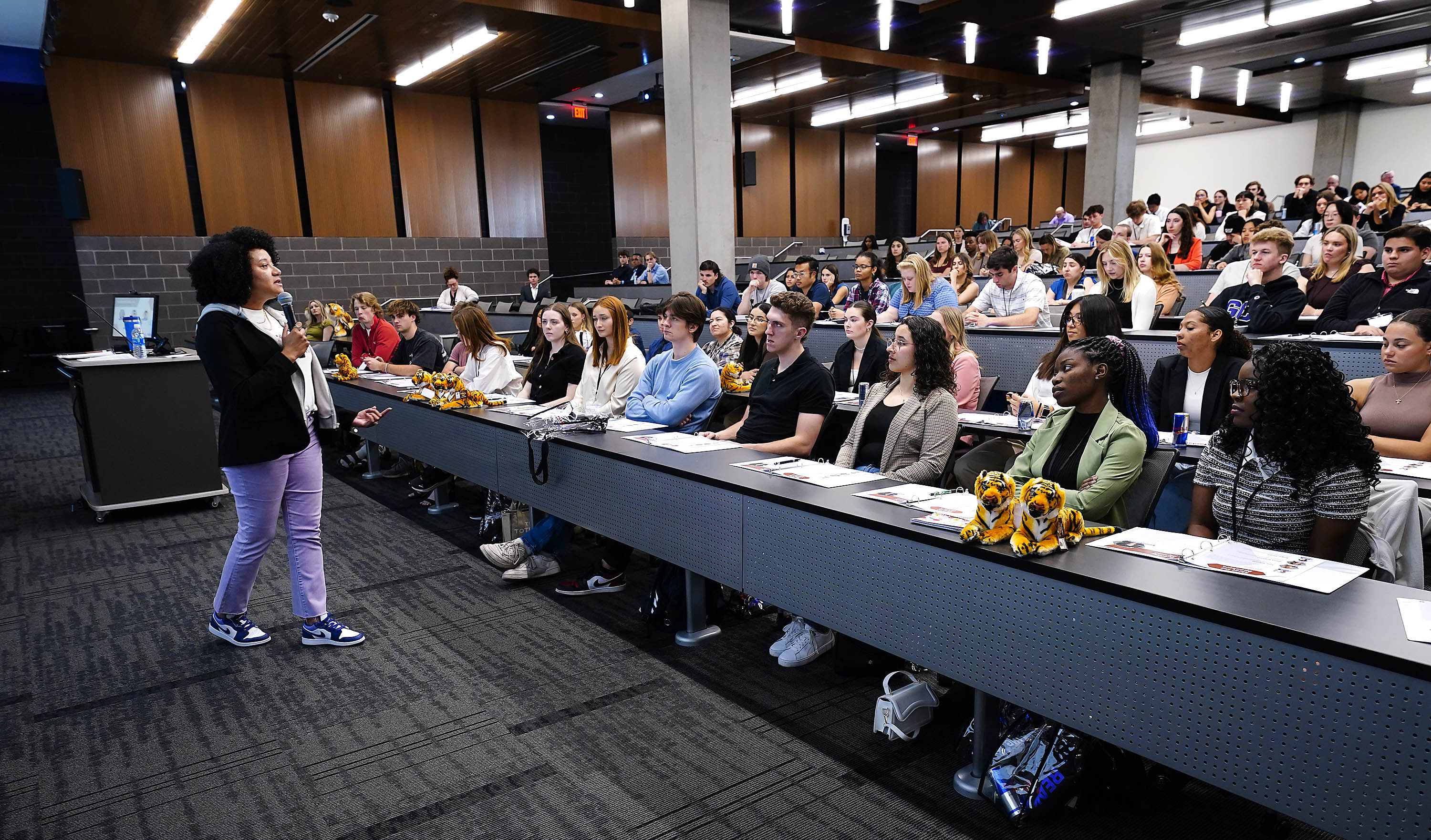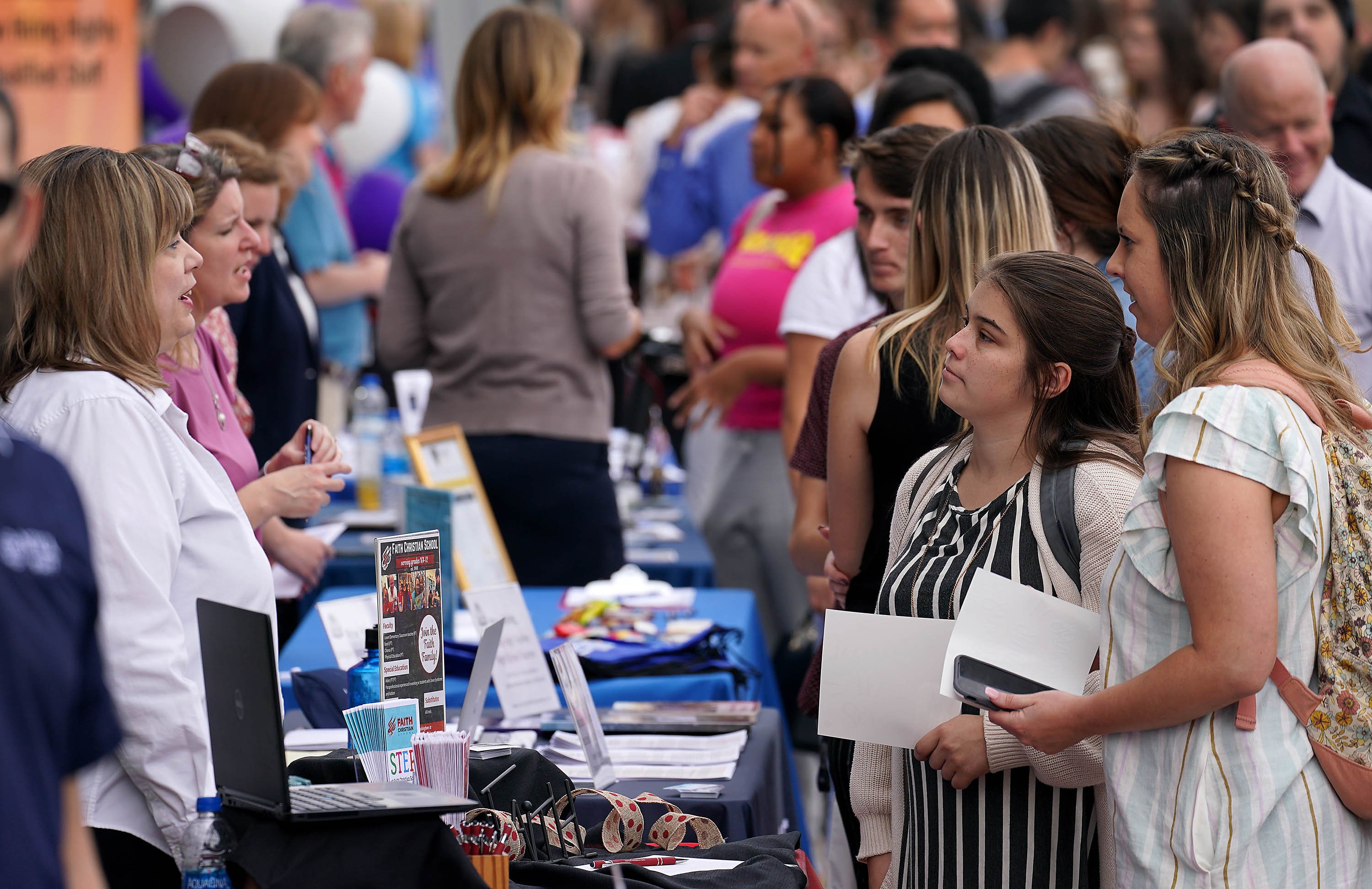
By Connie Colbert
Director, Canyon Health and Wellness Clinic
We get only one pair of eyes, and they are irreplaceable. So to ensure years of good eye health and to decrease the odds of blindness or loss of vision, prevention and protection are necessary.
According to All about Vision.com, “Protecting your eyesight is one of the most important things you can do to help maintain your quality of life.”
Some type of sight-threatening eye problem affects one in six adults age 45 and older, and the risk for vision loss only increases with age. In fact, the American Academy of Ophthalmology estimates that more than 43 million Americans will develop age-related eye diseases by 2020.
Since the leading causes of blindness and low vision in the United States are age-related diseases such as macular degeneration, cataracts, diabetic retinopathy and glaucoma, protecting your eyesight as you age is an essential part of your health care.
Here are some pointers:
- Invest in good sunglasses and wear them even on cloudy days. They should protect from 100 percent of ultraviolet A and B rays.
- Get an eye exam at least every two years.
- Avoid eye strain when possible. Watch less TV and decrease screen time of all sorts on laptops, phones, etc.
Staring at the screen for long periods of time can cause computer vision syndrome. The result is eye strain, blurred vision and dry eyes.
- Take frequent breaks during the day by way of the 20-20-20 rule (every 20 minutes, for 20 seconds look away at something that’s at least 20 feet away) to give your eyes a break from using your near vision. This is why you have tired eyes after a long work day.
- Be aware of your family’s health history. If anyone in your family suffers from an eye disease such as glaucoma, cataracts or macular degeneration, you might be at higher risk.
- Look for the warning signs: double vision, hazy vision, halos around objects or difficulty seeing in low light conditions. Symptoms that should warrant immediate attention are frequent flashes, floaters, eye pain and swelling.
- Exercise more frequently: Yes, regular exercise can reduce the risk of age-related eye conditions.
- Do not smoke! Smoking puts you at higher risk of developing eye problems such as cataracts, uveitis, macular degeneration and others.
- Point air vents away from your eyes. The air can take the moisture out of your eyes and cause painful dry eyes.
- Don’t sleep in your contact lenses.
- Eat fish twice a week. The omega 3 fatty acids found in fish such as salmon, mackerel and other fish can support eye health by protecting the retina, a layer of tissue in the back of your eye that senses light and sends images to your brain.
- Get more sleep. Insufficient sleep can contribute to red eyes.
- Get your Vitamin D levels checked. Studies show that low levels of Vitamin D can have a negative effect on your eyesight.
These are just a few suggestions. Talk to your eye doctor for additional information or if you have a concern.
Remember to see an eye doctor at least every two years, even if you do not wear glasses. Catching a problem early leads to much better outcomes.














































